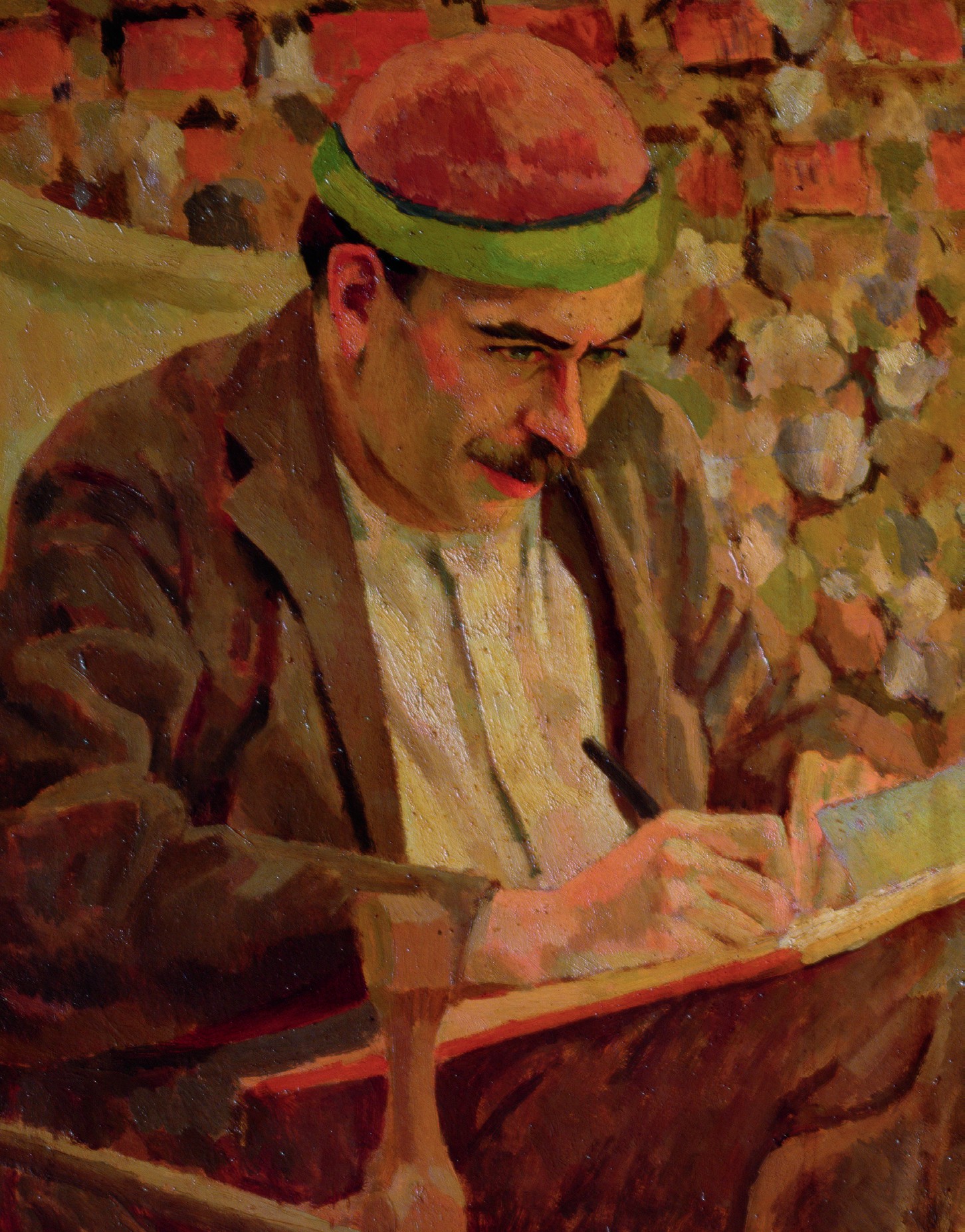
John Maynard Keynes (1883–1946) was born into a family of Cambridge academics. He shone at Eton and at Cambridge, where he read mathematics. His formal economics education was confined to a term spent preparing for the Civil Service exams. He worked for a few years in the India Office and then returned to Cambridge to teach monetary economics.
In 1909, monetary economics was having a quiet spell. Alfred Marshall — Keynes’ teacher — had solved the theoretical problems and Britain’s monetary arrangements were set in stone. The only issue — which was Keynes’ speciality — was the appropriate monetary system for India. However, in 1914, the spell was broken and the First World War shattered Britain’s and the world’s monetary system. From then on, Keynes’ life consisted in responding to one economic crisis after another. He offered politicians advice, solicited or not, and in advising them, he applied, extended and finally overturned the theory Marshall had taught him.
Your organisation does not have access to this article.
Sign up today to give your students the edge they need to achieve their best grades with subject expertise
Subscribe




